Search the Special Collections and Archives Portal
Search Results
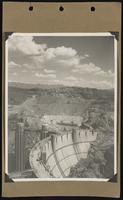
Hoover Dam album, image 003
Date
1931 to 1936
Description
Construction of Boulder Dam, 1931-1936
Image
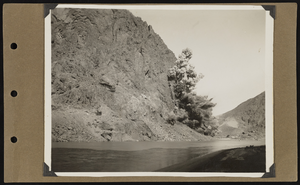
Hoover Dam album, image 005
Date
1931 to 1936
Description
Mountain explosion for construction of Boulder Dam, 1931-1936
Image
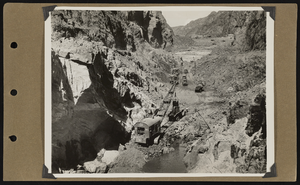
Hoover Dam album, image 006
Date
1931 to 1936
Description
Machinery for construction of Boulder Dam, 1931-1936
Image
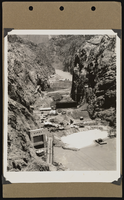
Hoover Dam album, image 007
Date
1931 to 1936
Description
Construction of Boulder Dam, 1931-1936
Image
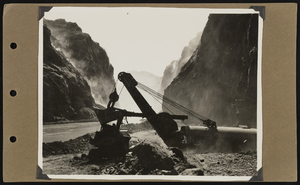
Hoover Dam album, image 008
Date
1931 to 1936
Description
Machinery for construction of Boulder Dam, 1931-1936
Image
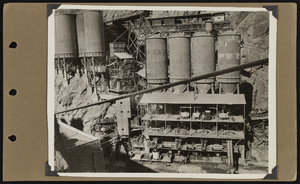
Hoover Dam album, image 009
Date
1931 to 1936
Description
Machinery for construction of Boulder Dam 1931-1936
Image

Hoover Dam album, image 010
Date
1931 to 1936
Description
Machinery for construction of Boulder Dam, 1931-1936
Image

Two unidentified men: photographic print
Date
1880 to 1979
Archival Collection
Description
Dorothy Bell Scans UNLV-Public Lands Institute
Image
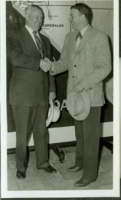
Rex Bell with an unidentified man: photographic print
Date
1880 to 1979
Archival Collection
Description
Dorothy Bell Scans UNLV-Public Lands Institute
Image

man000803-006-002
Text
Pagination
Refine my results
Content Type
Creator or Contributor
Subject
Archival Collection
Digital Project
Resource Type
Year
Material Type
Place
Language
Records Classification
